A Guide to Sugar: The Sweet Truth
In a world filled with conflicting information about sugar, it's easy to get lost in the sea of advice on how to incorporate this sweet substance into your diet. Are some sugars healthier than others? Should all sugars, including those found in fruits, be avoided? Will cutting out sugar lead to weight loss, clearer skin, or better sleep?
At KK1 Holistic Health Coach, we understand the importance of making informed choices about your diet, and we're here to guide you on this journey. Our holistic approach to health empowers you to take control of your well-being and make choices that align with your unique needs and goals.
As you delve into the intricacies of sugar and how it interacts with your body, consider how our personalized coaching services can provide you with the support and knowledge you need to achieve optimal health. KK1 Holistic Nutrition Coach is dedicated to helping you navigate the world of nutrition, offering guidance tailored to your individual needs.
Partner with us at KK1 Holistic Health Coach, and let's explore the sweet truth about sugar together. Make informed choices, embrace a healthier lifestyle, and unlock your full potential for well-being. Contact us today to embark on your journey to a healthier, happier you.
The Sweet Basics: Types of Sugar
At its core, sugar is a type of carbohydrate composed of carbon, hydrogen, and oxygen. There are three primary categories of sugar: monosaccharides, disaccharides, and polysaccharides.
1. Monosaccharides: These are the simplest sugars and include glucose (also known as dextrose), fructose, and galactose. You can find these sugars naturally occurring in fruits, vegetables, and dairy products.
2. Disaccharides: These sugars consist of two monosaccharides joined together. Common examples are sucrose (glucose and fructose), maltose (glucose and glucose), and lactose (glucose and galactose). Disaccharides are found in foods like table sugar, beer, and milk.
3. Polysaccharides: These complex carbohydrates are made up of long chains of connected monosaccharides. They are abundant in whole grains, starchy vegetables, and legumes.
The Impact of High Fructose Corn Syrup on Our Bodies: Unveiling the Confusion
High fructose corn syrup (HFCS) has become a common ingredient in many processed foods and beverages, but our bodies were not evolutionarily designed to digest it. This has raised concerns about how our bodies react when we consume HFCS, leading to potential weight gain and negative effects on gut health. Let's dive into the intricacies of HFCS and how it interacts with our bodies.
1. Digestive Dilemma: HFCS is a sweetener made from corn starch, and it has a high fructose content, as the name suggests. When we ingest HFCS, our digestive system faces a conundrum. It encounters a substance that our ancestors rarely encountered, and as a result, our bodies aren't entirely sure how to process it efficiently.
2. Metabolic Confusion: Our bodies have evolved to handle natural sugars found in fruits and some vegetables. However, HFCS, due to its high fructose content, confuses our metabolic pathways. Unlike glucose, which can be readily utilized by our cells for energy, excess fructose tends to be converted into fat in the liver. This metabolic confusion can contribute to weight gain over time.
3. Weight Gain and Obesity: One of the most concerning consequences of HFCS consumption is its potential link to weight gain and obesity. When our bodies convert excess fructose into fat, it often ends up being stored around our waistlines, leading to the accumulation of belly fat. This type of fat deposition is associated with an increased risk of metabolic disorders and cardiovascular diseases.
4. Impact on Gut Health: Emerging research suggests that HFCS might have adverse effects on gut health. The excess fructose can disturb the balance of beneficial and harmful bacteria in the gut, potentially contributing to digestive issues, inflammation, and other gastrointestinal problems.
5. Hidden in Processed Foods: HFCS is prevalent in the modern food supply, making it challenging for consumers to avoid. It's often found in sodas, sugary snacks, and even seemingly healthy products like salad dressings and condiments. This ubiquity makes it easy to unknowingly consume excessive amounts of HFCS.
6. Dietary Awareness: To navigate the challenges posed by HFCS, it's essential to be mindful of food labels and opt for products with lower or no HFCS content. Choosing whole, unprocessed foods whenever possible can also help reduce HFCS intake.
Our bodies face a unique challenge when digesting high fructose corn syrup. The metabolic confusion it creates can contribute to weight gain and potentially harm our gut health. To promote overall well-being, it's crucial to limit HFCS consumption by making informed dietary choices and focusing on a diet rich in natural, unprocessed foods. By doing so, we can minimize the adverse effects of HFCS and support our bodies in maintaining a healthier balance.
Sugar and Digestion
The process of sugar digestion begins in your mouth but primarily takes place in your intestine. When you consume monosaccharides, your body can swiftly use them for energy by absorbing them into the bloodstream. In contrast, when you consume disaccharides or polysaccharides, your body must break them down into monosaccharides, typically glucose, before they can be used for energy.
Once in the bloodstream, glucose can either be used immediately or stored for later use. If the body already has sufficient stored energy, excess sugar is converted into fat for long-term storage.
Unlocking the Sweet Science: How Your Body Handles Sugar
When it comes to sugar, understanding how your body digests and manages it is like peering into a fascinating biochemical dance. While the initial steps happen in your mouth, the real action takes place in your intestine.
Monosaccharides vs. Complex Carbs
At its core, sugar comes in two main forms: monosaccharides and complex carbohydrates, also known as polysaccharides. Monosaccharides are simple sugars like glucose, fructose, and galactose. They're the quick energy sources found naturally in foods like fruits and vegetables.
However, when you dive into more complex carbohydrates like disaccharides (sugars made of two monosaccharides) or polysaccharides (long chains of connected monosaccharides), things get a bit more intricate. To tap into their energy, your body must break them down into trusty glucose.
The Blood Sugar Balancing Act
Once glucose enters your bloodstream, it's like rocket fuel for your cells, providing instant energy. However, your body's a savvy energy manager. Any excess glucose gets stored, mainly as glycogen in the liver and muscles, ready for action when needed.
If the body's storage units are brimming with energy, the surplus glucose takes on a new identity – it becomes fat, stashed away for a rainy day. This efficient storage system has been crucial for our survival through times of feast and famine.
Blood Sugar Symphony
Now, let's talk about blood sugar levels, which are essentially your body's fuel gauge. When you consume carbohydrate-rich meals, especially those laden with simple sugars, your blood sugar levels rise rapidly. Stress, illness, exercise, or skipping meals can also cause these levels to fluctuate.
To maintain this delicate balance, your body employs two superstar hormones: insulin and glucagon.
- Insulin: Picture it as your body's blood sugar bouncer. When your sugar levels hit the dance floor and party a bit too hard (hyperglycemia), insulin steps in. It escorts excess sugar out of the bloodstream and into cells for storage.
- Glucagon: Conversely, when the blood sugar party winds down too quickly (hypoglycemia), glucagon takes center stage. It retrieves stored sugar, raising those blood sugar levels back up.
The Perils of Prolonged High Blood Sugar
Allowing blood sugar levels to remain perpetually elevated is like letting the party rage on for too long. It can lead to unwelcome guests like weight gain, metabolic syndrome, and even type 2 diabetes. Not to mention, it can wreak havoc on various organs and systems within your body.
So, while sugar is a quick energy source, respect the delicate balance in your blood. It's a finely tuned symphony, and with the right knowledge and care, you can ensure it plays harmoniously, supporting your overall health and vitality.
Blood Sugar Regulation
Blood sugar, also known as glucose, is the fuel that your cells use for energy. After meals rich in carbohydrates, especially those high in simple sugars, blood sugar levels rise rapidly. Stress, illness, exercise, and skipped meals can also affect these levels. To maintain stability, your body relies on two key hormones: insulin and glucagon.
- Insulin: When blood sugar levels are high (hyperglycemia), the pancreas secretes insulin. Insulin helps remove excess sugar from the bloodstream and store it in cells.
- Glucagon: When blood sugar levels drop too low (hypoglycemia), the pancreas releases glucagon. This hormone breaks down stored sugar and raises blood sugar levels.
Continually elevated blood sugar levels can contribute to weight gain, metabolic syndrome, type 2 diabetes, and
Sugar and Health: A Historical Perspective
Our biological inclination to seek out sugar has evolutionary roots. Sweet flavors signaled to our ancestors that a food source was safe to eat, while bitterness often signaled danger. The ability to store sugar as fat served as an evolutionary survival mechanism during periods of famine.
In today's world, sugar is readily available, leading many of us to consume more than we need. For instance, Americans consume an average of 126 grams of sugar per day, well above the World Health Organization's recommended intake. This excessive sugar consumption can have various negative health impacts, including:
- Memory deficits and Alzheimer's risk
- Increased blood pressure and cardiovascular disease risk
- Dental caries
- Asthma risk
- Disruption of hunger and satiety hormones, leading to overeating and obesity
- Potential insulin resistance and type 2 diabetes risk
- Alteration of the gut microbiome and weakened immunity
- Promotion of inflammation, a root cause of chronic diseases
- Replacement of nutrient-dense calories, potentially leading to vitamin deficiencies
While some sugar in the diet can provide quick energy and alertness, excessive sugar consumption, especially in the form of rapid spikes and crashes, can contribute to more significant health problems like obesity and heart disease.
Natural vs. Added Sugars
Sugar exists naturally in fruits and vegetables, increasing as these foods ripen. When consuming natural sugars, you also benefit from vitamins, minerals, antioxidants, and fiber, which can mitigate the glucose spike associated with sugar consumption.
Conversely, added sugars in processed foods tend to be higher in calories and lower in nutritional value. These foods lack the vitamins, minerals, and fiber found in naturally sugary foods, which help signal fullness and prevent overconsumption. They are often packaged as snacks or desserts, making them more likely to cause rapid blood glucose spikes.
Foods that May Contain Sneaky Sugar
Now, let's shine a spotlight on some unsuspecting culprits - foods that often contain hidden added sugars:
- Plant milks (such as almond and coconut)
- Cured meats (such as bacon and prosciutto)
- Deli meats (such as ham and turkey)
- Kombucha
- Condiments (such as mustard and ketchup)
- Protein powders
- Salad dressings
- Sauces (such as marinara or barbecue)
- Canned soups
- Cereals and granola bars
- Yogurt
These foods may seem innocent, but it's essential to check their labels for added sugars, which can sneakily increase your daily sugar intake.
Sugar in the Wild: Deciphering Labels
When reading ingredient labels on packaged foods, it's essential to recognize various forms of sugar, which may not always be clearly labeled. Here are some common sugar-related terms to be aware of when grocery shopping:
- Sugars: brown sugar, cane sugar, confectioner's sugar, raw sugar
- Syrups: cane syrup, date syrup, high-fructose corn syrup, malt syrup, maple syrup, refiner's syrup, rice syrup
- Oses: dextrose, fructose, galactose, glucose, lactose, maltose, ribose, saccharose, sucrose
- -Ides: disaccharide, monosaccharide, polysaccharide
- Natural sugars: agave, coconut nectar, coconut sugar, date sugar, evaporated cane juice, fruit juice, honey, maple syrup, molasses, monk fruit extract, rice malt, sorghum, stevia, treacle
- Artificial sweeteners: aspartame (Equal), saccharin (Sweet'n Low), stevia (Truvia), sucralose (Splenda)Sugar alcohols: erythritol, glycerol, sorbitol, xylitol
Ultimately, sugar consumption is a matter of personal choice and bio-individuality. Whether you choose to limit your sugar intake or enjoy it in moderation, recognizing the source and type of sugar you consume can be a crucial aspect of maintaining good health and preventing inflammation and disease.
Achieve Your Wellness Goals with KK1 Holistic Nutrition Coach
In this comprehensive guide to sugar and its impact on your health, we've unraveled the sweet mysteries that surround this ubiquitous ingredient. Armed with knowledge, you're now equipped to make informed choices about the role of sugar in your diet.
KK1 Holistic Nutrition Coach is passionate about empowering individuals like you to take control of your well-being. We believe that personalized guidance is the key to achieving your health and wellness goals. Our holistic approach to health and nutrition takes into account your unique needs, preferences, and aspirations.
As you reflect on the insights gained from this article, we invite you to consider how our expert health coaching services can be a transformative force in your journey to better health. KK1 Holistic Nutrition Coach is dedicated to providing you with the support and guidance you need to make sustainable changes in your life.
Let's embark on this path to wellness together. Partner with KK1 Holistic Nutrition Coach and experience the benefits of a personalized approach to health. Take the next step towards a healthier, happier you by contacting us today. Your well-being is our priority, and we're here to help you achieve your goals.
Reach out today, and let's start this remarkable journey toward a healthier, more vibrant you. Free Consultation
Exciting events coming soon here: KK1MindBodySoul.iinHealthCoaching.co
Join us for our live webinar Your Gut vs You on Thursday, September 7, 2023 at 5:00 PM PST.
When you subscribe to the blog, we will send you an e-mail when there are new updates on the site so you wouldn't miss them.



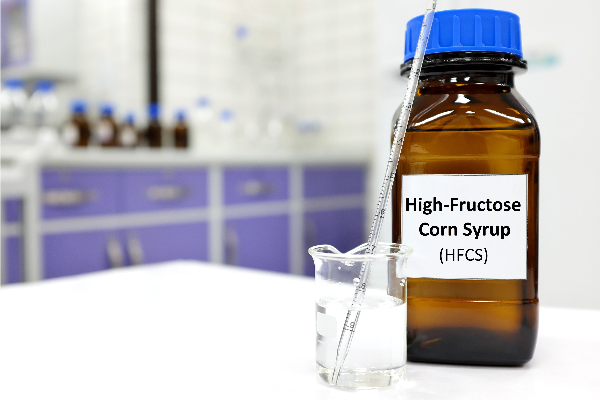
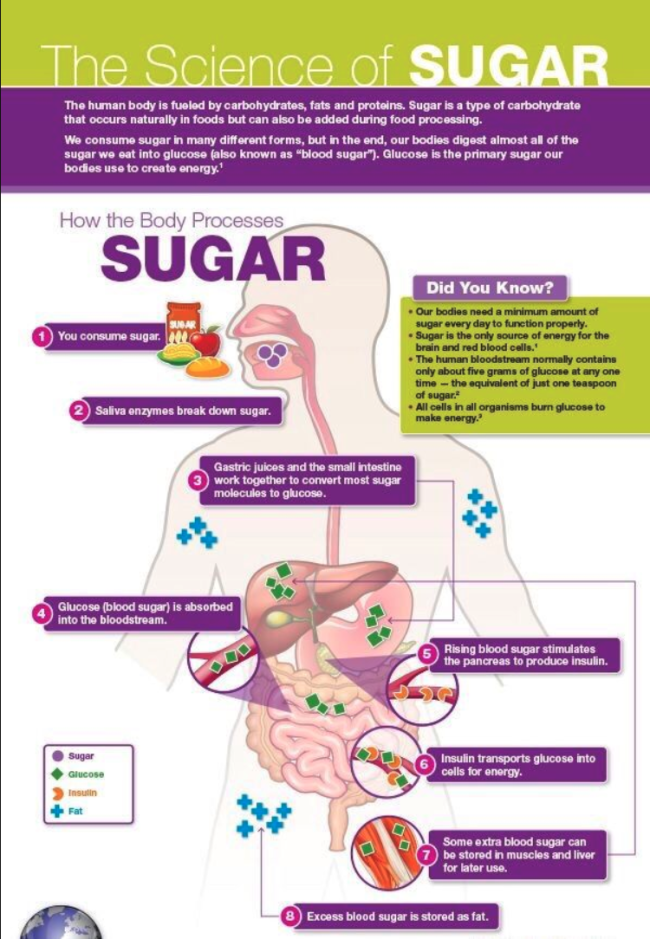



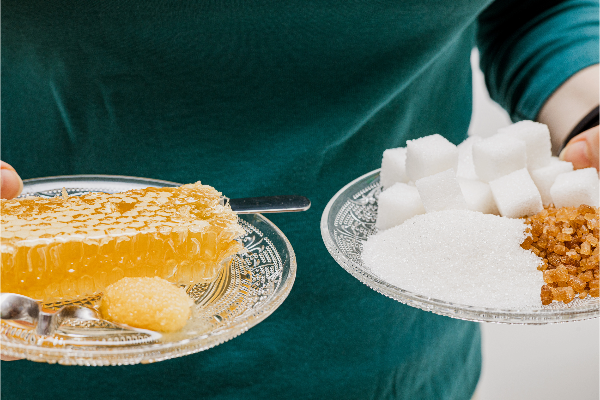
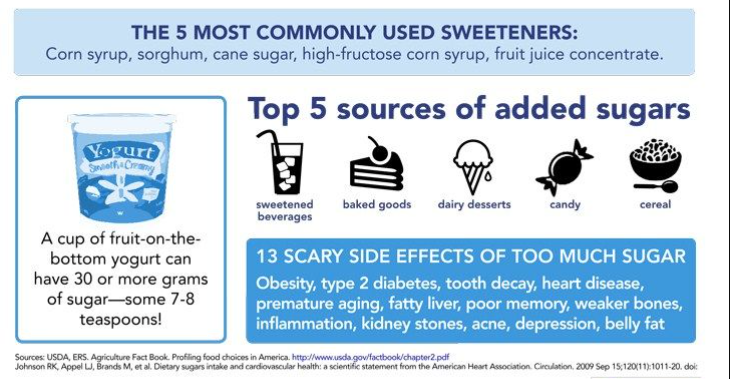
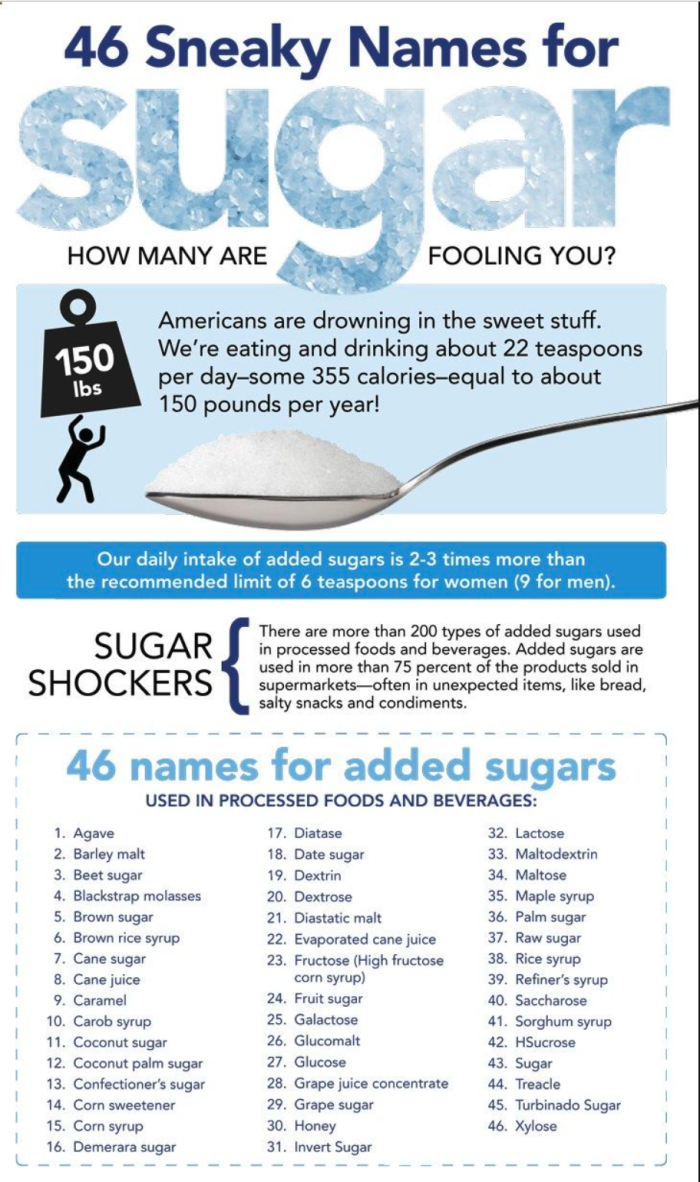



Comments